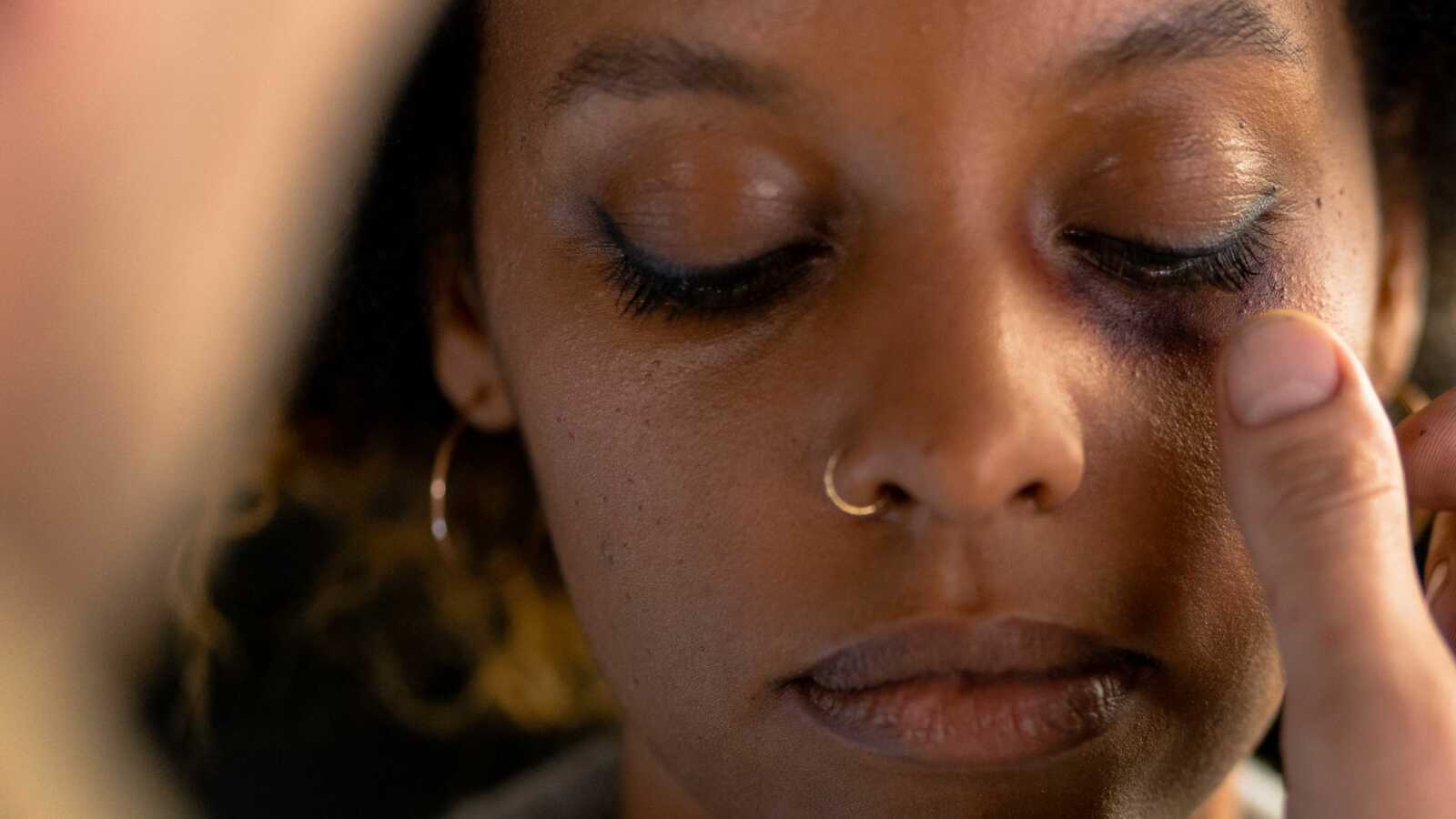Disclaimer: This story contains details pertaining to domestic abuse and victim blaming that may be upsetting to some.
“These are just a few of the comments I’ve heard from people today as they talk about the latest woman who appears to have been murdered by her husband:
She stayed with him too long.
She must have known the kind of person she was marrying.
She must have said something to make him snap.
She probably had a boyfriend he found out about.
While these people certainly weren’t saying that what happened to her was okay, justifiable, or understandable, they were 100% victim blaming. And it’s 100% not okay.
The reality is that there are many women just like her who will die at the hands of their partners. In fact, 23% of women have experienced severe physical violence by an intimate partner during their lifetime (National Coalition Against Domestic Violence, 2020). Severe physical violence.
That means that about 1 in 4 women have experienced severe physical violence from an intimate partner. 1 in 4.
Think about the women in your life right now: family, friends, neighbors, colleagues, fellow gym-goers, your kids’ teachers, etc. The women with you in line at the grocery store or at the coffee shop, or seated on the bench beside you at the youth basketball game, or waiting in the car in front of you in the elementary school pick up line. The next woman in the news cycle could easily be one of them.
I promise you right now that at least 1 in 4 of those women are quietly watching stories about women who have been killed by their partners and they understand how hard it can be to leave a violent relationship. They fear that someday it could be them. They lay awake in bed each night trying to figure out how to safely get away.
They think about speaking up to you for help but then hear you blame the victim or tolerate someone else blaming the victim and so they bite their tongue instead. They try to do their best to prevent it from happening to them, but leaving isn’t always easy or safe.
Even when money is not a concern, even when there is family and community support, even when there are restraining orders, even when they are trained in domestic violence intervention themselves, even when they know the risks, even when there are children involved, it’s never as easy to leave as it seems to those of us on the outside.
So, instead of placing the blame on the victim today, let’s try to remember that we never know the full story. Never. Instead of blaming her for ‘staying too long’ or marrying ‘a man who could snap’ or having children with ‘a man like that,’ let’s try to ask ourselves:
What can I do to support women in my own life who might be silently struggling like she was? How can I address some of the societal issues that increase the risk of domestic violence? How can I give support instead of placing blame?
Because the harsh truth is that we all need to do better.”
[If you need help, please call the National Domestic Violence Hotline at 1-800-799-7233 or visit thehotline.org to live chat with someone 24/7. Help is out there and you are not alone.]
This article was submitted to Love What Matters by Jenni Brennan. You can follow her on Facebook. Join the Love What Matters family and subscribe to our newsletter.
Read more about domestic abuse:
Long Distance Lovers Start Shelter For Kenyan Domestic Abuse Victims
SHARE this story on social media with family and friends.


